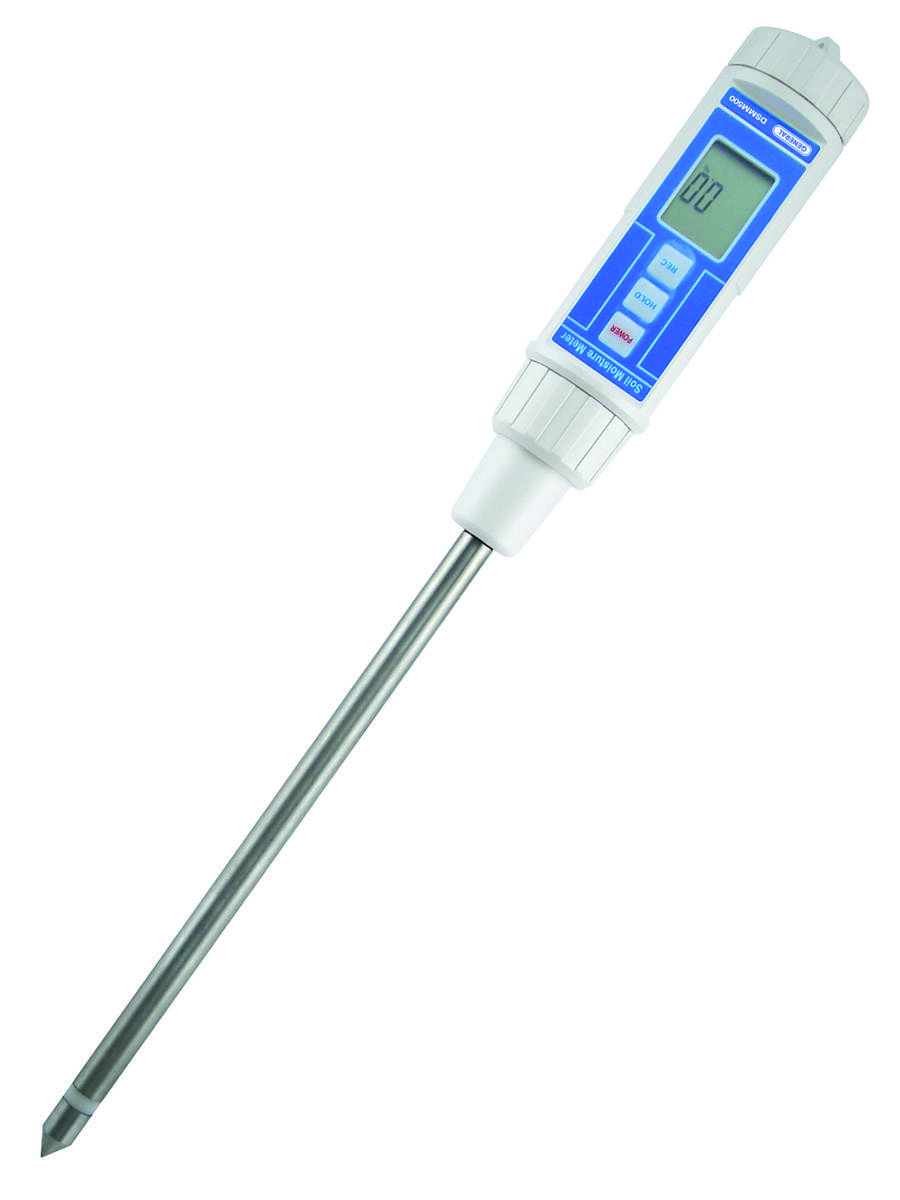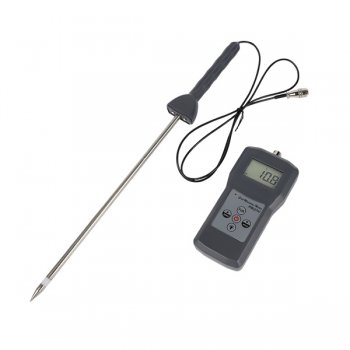Moisture Meter Purchasing Overview: What to Try to find in High-Quality Instruments
Moisture Meter Purchasing Overview: What to Try to find in High-Quality Instruments
Blog Article
The Ultimate Guide to Moisture Meters: A Comprehensive Review and How They Can Conserve You Cash
In the realm of structure maintenance, building, and various markets, the value of accurately determining dampness degrees can not be overemphasized. Moisture meters act as important tools in detecting and keeping an eye on moisture web content in materials, assisting in avoiding costly problems and guaranteeing the quality of products. Understanding the nuances of different kinds of dampness meters, their applications, and the possible cost-saving benefits they provide can be a game-changer for services and experts alike. Finding just how these tools can not just enhance procedures however additionally add to economic savings is a trip worth starting.
Kinds Of Moisture Meters
Various types of moisture meters are readily available for various applications in different industries. One common type is the pin-type moisture meter, which gauges the electrical resistance in between two pins inserted into a material. This type appropriates for wood, drywall, and other building products. Pinless dampness meters, on the other hand, usage electro-magnetic sensing unit plates to scan a bigger location without triggering damage to the product's surface. These meters are ideal for promptly examining moisture levels in big locations such as walls and floorings.
Infrared moisture meters measure the thermal residential or commercial properties of a material to establish its wetness material non-invasively, making them helpful for applications where pin or pinless meters may not be appropriate. Comprehending the various types of wetness meters available can aid markets choose the most suitable tool for their details dampness dimension needs.

Benefits of Utilizing Moisture Meters

Moreover, using wetness meters can lead to boosted power effectiveness. By recognizing locations with high wetness degrees, such as leaks or poor insulation, changes can be made to boost power conservation and decrease utility expenses. In farming setups, wetness meters play a crucial duty in enhancing plant returns by allowing farmers to check dirt moisture degrees and make educated watering decisions. Overall, the advantages of using wetness meters extend throughout different industries, supplying affordable solutions and promoting better high quality control techniques.
Exactly How to Choose the Right Moisture Meter
Selecting the suitable dampness meter includes considering key aspects such as material compatibility, dimension array, and calibration precision. When picking a wetness meter, it's necessary to ensure that the meter appropriates for the specific product you will be screening. Various products have varying electric residential properties that can influence wetness analyses, so picking a meter created for your product is essential for exact outcomes. Furthermore, think about the dimension series of the dampness meter. Make certain that the meter can discover moisture levels within the array required for your applications. Calibration accuracy is one more critical aspect to remember (Moisture Meter). Opt for a wetness meter with dependable calibration to ensure consistent and specific readings. Some meters might require periodic calibration adjustments, so understanding the calibration procedure is essential. By very carefully reviewing these factors, you can select a moisture meter that satisfies your needs and supplies accurate wetness dimensions for your jobs.
Appropriate Strategies for Moisture Meter Use
To guarantee accurate wetness readings and make best use of the efficiency of a wetness meter, employing appropriate strategies is necessary. When using a pin-type moisture meter, put their explanation the pins or probes right into the product being examined until they make complete call. Guarantee the pins are perpendicular to the surface to get the most accurate analysis. For pinless wetness meters, hold the device level against the product and relocate gradually to cover the whole area for an average reading. It's crucial to calibrate the wetness meter according to the material being evaluated to improve precision. Take several readings throughout the surface and ordinary them out for a much more trusted outcome. Additionally, make certain that the material being evaluated is adjusted to the environment to avoid skewed analyses. Regular upkeep of the dampness meter, such as cleansing the pins or sensor, is also essential to make certain accurate and consistent readings. By adhering to these correct strategies, individuals can depend on their wetness meter to give reliable wetness levels, aiding in stopping expensive damages or making sure quality in different applications.

Expense Savings With Moisture Meter Applications
How can the tactical application of wetness meters lead to significant cost savings across different industries? In the agriculture market, moisture meters help in identifying the optimal time for collecting plants, preventing excess or over-drying wetness that can influence the last item's high quality.

Furthermore, in the food processing sector, dampness meters are essential for checking product high quality and making sure conformity with security laws. By properly measuring moisture web content in food, makers can protect against spoilage, preserve quality, and lower waste, leading to substantial expense savings. In general, the critical application of dampness meters is a useful financial investment that can lead to substantial expense decreases and improved effectiveness across different sectors.
Verdict
In final thought, moisture meters are beneficial tools for discovering and determining wetness degrees in numerous materials. By making use of the right dampness meter and following correct strategies, customers can efficiently protect against pricey damages caused by excess wetness.
Wetness meters serve as important tools in identifying and checking moisture web content in products, helping in stopping pricey damages and making certain the quality of items. Infrared dampness meters determine the thermal residential or commercial properties of you could try here a product to determine its wetness material non-invasively, making them helpful for applications where pin or pinless meters may not be appropriate.Dampness meters supply indispensable benefits in accurately assessing and checking moisture levels in diverse materials and environments. In farming settings, wetness meters play an important function in enhancing crop returns by enabling farmers to keep an eye on dirt dampness degrees and make notified watering choices.In final thought, wetness meters are beneficial devices for discovering and gauging moisture levels in numerous materials.
Report this page